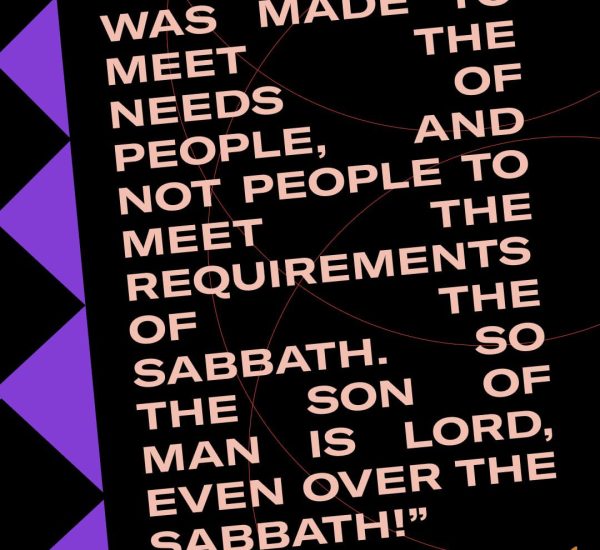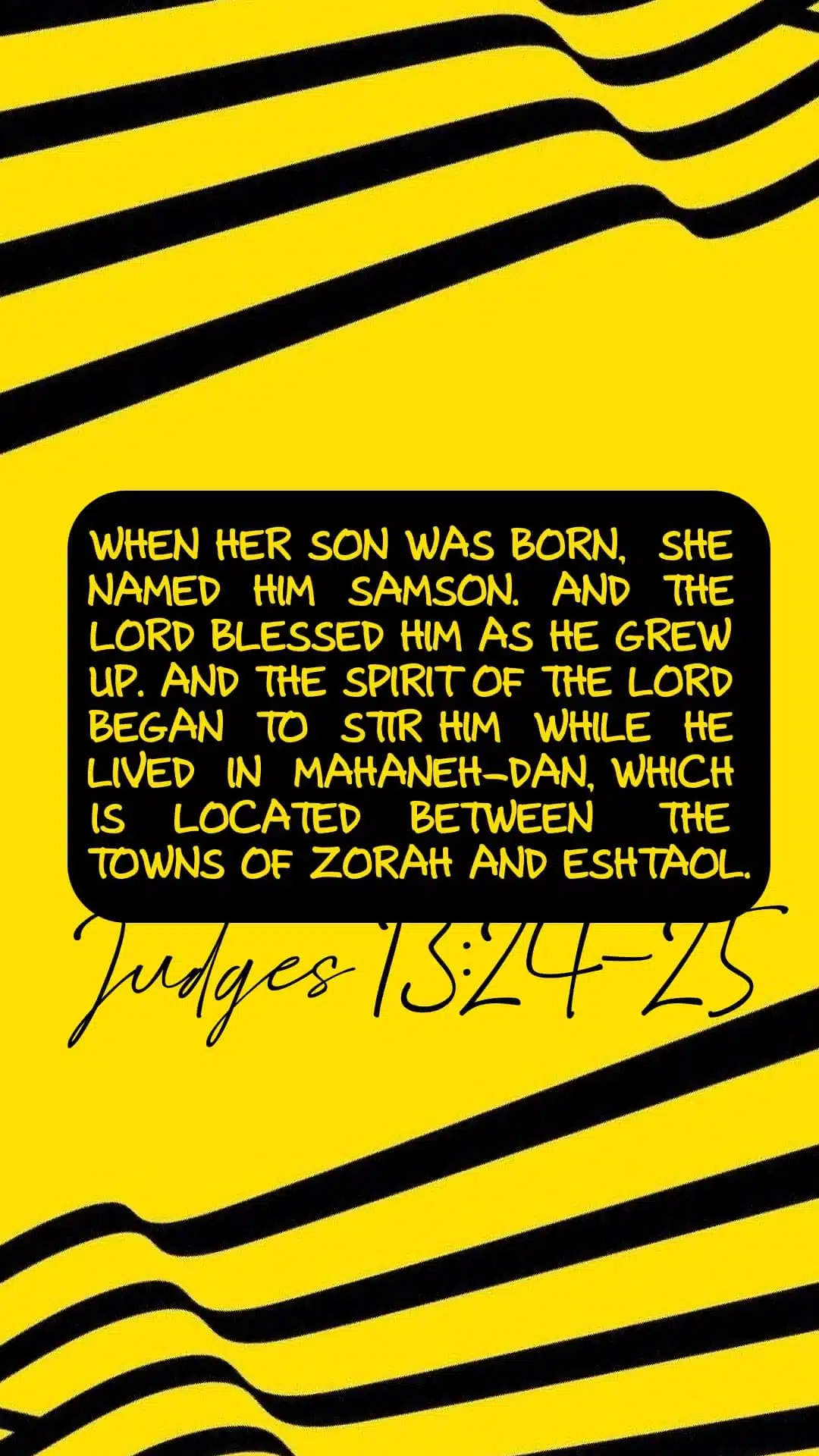Introduction
Isaiah 1:21-31 paints a vivid picture of a once-faithful nation, Israel, spiraling into spiritual decay. The passage serves as a powerful reminder of the consequences of disobedience and the hope of restoration that God offers.
The Decline of a Faithful City
The opening verses (21-22) describe Israel’s transformation from a city of righteousness to one filled with injustice and corruption. The imagery of silver becoming dross and wine being mixed with water symbolizes the nation’s moral and spiritual decline.
Isaiah 1:22, “Your silver has become dross, your wine mixed with water.”
Leadership Gone Astray
Verses 23-24 highlight the role of Israel’s leaders in this decline. Their corruption, greed, and disregard for the vulnerable had eroded the nation’s moral fabric. God’s judgment against such leaders is swift and severe.
Isaiah 1:23, “Your princes are rebellious, and companions of thieves: everyone loves gifts, and follows after rewards: they judge not the fatherless, neither doth the cause of the widow come unto them.”
God’s Promise of Restoration
Despite Israel’s deep sin, God remains a God of mercy and restoration. Verses 25-27 declare His intention to cleanse and restore the nation. He promises to replace corrupt leaders with just and righteous rulers, transforming the city into a place of righteousness once again.
Isaiah 1:26, “And I will restore thy judges as at the first, and thy counsellors as at the beginning: afterward thou shalt be called, The city of righteousness, the faithful city.”
The Choice of Restoration
The restoration promised by God is contingent upon Israel’s repentance and return to Him. Verse 27 emphasizes the importance of individual and collective repentance. Those who forsake the Lord will ultimately face destruction (verse 28).
Isaiah 1:27, “Zion shall be redeemed with judgment, and her converts with righteousness.”
A Call to Action: Returning to God
The passage serves as a powerful call to action for individuals and nations. It urges us to examine our own lives and the state of our communities. Are we living in accordance with God’s righteous standards? Are we pursuing justice and caring for the vulnerable?
Practical Steps for Restoration
Individual Repentance: Begin by examining your own heart and confessing your sins to God. Seek His forgiveness and grace.
1 John 1:9, “If we confess our sins, he is faithful and just to forgive us our sins and to cleanse us from all unrighteousness.”
Collective Action: Work with others to address the injustices and corruption within your community. Advocate for change and support initiatives that promote righteousness and justice. Micah 6:8, “He has shown you, O mortal, what is good. And what does the Lord require of you but to do justly, to love mercy, and to walk humbly with your God?”
Spiritual Renewal: Engage in practices that foster spiritual growth, such as Bible study, prayer, and fellowship with other believers. Psalm 1:2, “But delights in the law of the Lord, and meditates on his law day and night.”
Social Justice: Actively participate in efforts to address social and economic disparities, working towards a more just and equitable society. James 1:27, “Pure religion before God, the Father, is this: to visit orphans and widows in their affliction, and to keep oneself unstained from the world.”
The Power of God’s Grace
Isaiah’s message offers hope and encouragement. Even in the face of deep sin and societal decay, God’s grace is available to restore and transform. His power to cleanse and renew is limitless, and He longs to see His people return to Him.
Conclusion: A Lifelong Journey
The choice of restoration lies before us. We can choose to continue down a path of sin and destruction, or we can turn back to God and experience His transformative power. Let us heed the call of Isaiah and choose the path of righteousness and restoration.
Call to Action:
- Reflect on your own life and the state of your community. Are you living in accordance with God’s righteous standards?
- Take steps to repent and seek God’s forgiveness.
- Work towards building a more just and equitable society.
- Engage in spiritual practices that foster growth and renewal.
By embracing these steps, we can experience the transformative power of God’s grace and embark on a journey of restoration and renewal.
Additional Insights
The imagery of silver and wine being mixed with water symbolizes the adulteration of Israel’s faith and morals.
The call for justice and righteousness extends to all aspects of society, not just the government and religious leaders.
God’s promise of restoration is not just for individuals but also for nations.
The journey of restoration is a lifelong process that requires ongoing commitment and perseverance.
Prayer
Heavenly Father, we confess our sins and shortcomings as a nation and as individuals. We acknowledge the ways in which we have fallen short of your righteous standards. Please have mercy on us and restore us to your favor. Grant us the strength and courage to turn away from evil and embrace your ways. May we be a people who seek justice, love our neighbors, and live according to your will. In Jesus’ name, we pray. Amen.





